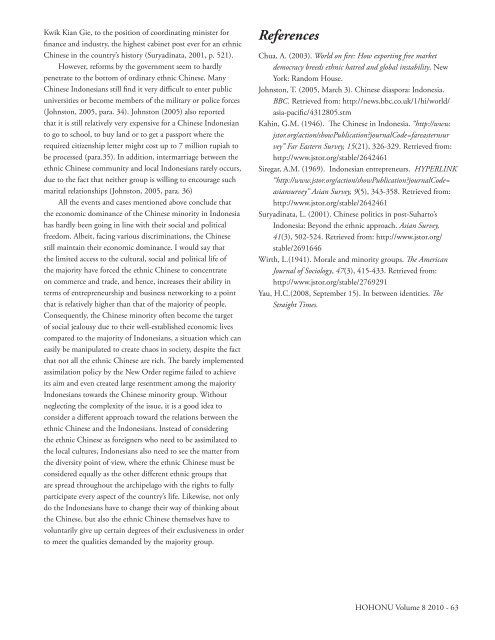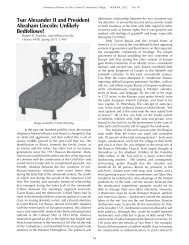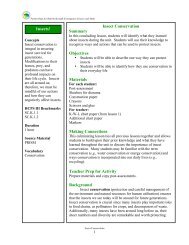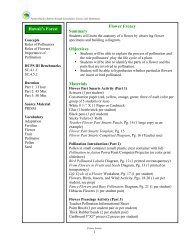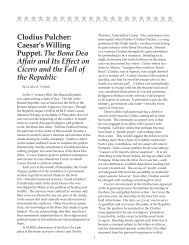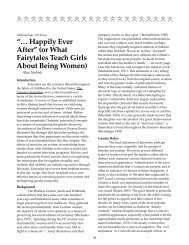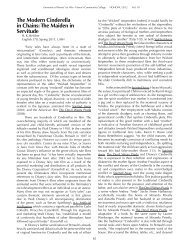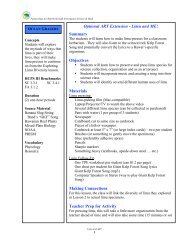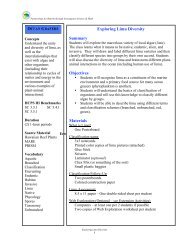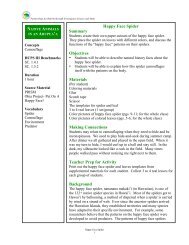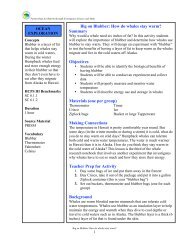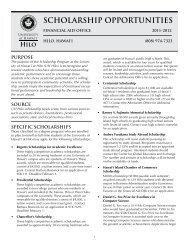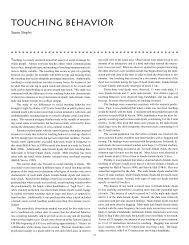A JOURNAL OF ACADEMIC WRITING VOLUME 8
A JOURNAL OF ACADEMIC WRITING VOLUME 8
A JOURNAL OF ACADEMIC WRITING VOLUME 8
Create successful ePaper yourself
Turn your PDF publications into a flip-book with our unique Google optimized e-Paper software.
Kwik Kian Gie, to the position of coordinating minister for<br />
finance and industry, the highest cabinet post ever for an ethnic<br />
Chinese in the country’s history (Suryadinata, 2001, p. 521).<br />
However, reforms by the government seem to hardly<br />
penetrate to the bottom of ordinary ethnic Chinese. Many<br />
Chinese Indonesians still find it very difficult to enter public<br />
universities or become members of the military or police forces<br />
(Johnston, 2005, para. 34). Johnston (2005) also reported<br />
that it is still relatively very expensive for a Chinese Indonesian<br />
to go to school, to buy land or to get a passport where the<br />
required citizenship letter might cost up to 7 million rupiah to<br />
be processed (para.35). In addition, intermarriage between the<br />
ethnic Chinese community and local Indonesians rarely occurs,<br />
due to the fact that neither group is willing to encourage such<br />
marital relationships (Johnston, 2005, para. 36)<br />
All the events and cases mentioned above conclude that<br />
the economic dominance of the Chinese minority in Indonesia<br />
has hardly been going in line with their social and political<br />
freedom. Albeit, facing various discriminations, the Chinese<br />
still maintain their economic dominance. I would say that<br />
the limited access to the cultural, social and political life of<br />
the majority have forced the ethnic Chinese to concentrate<br />
on commerce and trade, and hence, increases their ability in<br />
terms of entrepreneurship and business networking to a point<br />
that is relatively higher than that of the majority of people.<br />
Consequently, the Chinese minority often become the target<br />
of social jealousy due to their well-established economic lives<br />
compared to the majority of Indonesians, a situation which can<br />
easily be manipulated to create chaos in society, despite the fact<br />
that not all the ethnic Chinese are rich. The barely implemented<br />
assimilation policy by the New Order regime failed to achieve<br />
its aim and even created large resentment among the majority<br />
Indonesians towards the Chinese minority group. Without<br />
neglecting the complexity of the issue, it is a good idea to<br />
consider a different approach toward the relations between the<br />
ethnic Chinese and the Indonesians. Instead of considering<br />
the ethnic Chinese as foreigners who need to be assimilated to<br />
the local cultures, Indonesians also need to see the matter from<br />
the diversity point of view, where the ethnic Chinese must be<br />
considered equally as the other different ethnic groups that<br />
are spread throughout the archipelago with the rights to fully<br />
participate every aspect of the country’s life. Likewise, not only<br />
do the Indonesians have to change their way of thinking about<br />
the Chinese, but also the ethnic Chinese themselves have to<br />
voluntarily give up certain degrees of their exclusiveness in order<br />
to meet the qualities demanded by the majority group.<br />
References<br />
Chua, A. (2003). World on fire: How exporting free market<br />
democracy breeds ethnic hatred and global instability. New<br />
York: Random House.<br />
Johnston, T. (2005, March 3). Chinese diaspora: Indonesia.<br />
BBC. Retrieved from: http://news.bbc.co.uk/1/hi/world/<br />
asia-pacific/4312805.stm<br />
Kahin, G.M. (1946). The Chinese in Indonesia. “http://www.<br />
jstor.org/action/showPublication?journalCode=fareasternsur<br />
vey” Far Eastern Survey, 15(21), 326-329. Retrieved from:<br />
http://www.jstor.org/stable/2642461<br />
Siregar, A.M. (1969). Indonesian entrepreneurs. HYPERLINK<br />
“http://www.jstor.org/action/showPublication?journalCode=<br />
asiansurvey” Asian Survey, 9(5), 343-358. Retrieved from:<br />
http://www.jstor.org/stable/2642461<br />
Suryadinata, L. (2001). Chinese politics in post-Suharto’s<br />
Indonesia: Beyond the ethnic approach. Asian Survey,<br />
41(3), 502-524. Retrieved from: http://www.jstor.org/<br />
stable/2691646<br />
Wirth, L.(1941). Morale and minority groups. The American<br />
Journal of Sociology, 47(3), 415-433. Retrieved from:<br />
http://www.jstor.org/stable/2769291<br />
Yau, H.C.(2008, September 15). In between identities. The<br />
Straight Times.<br />
HOHONU Volume 8 2010 - 63


